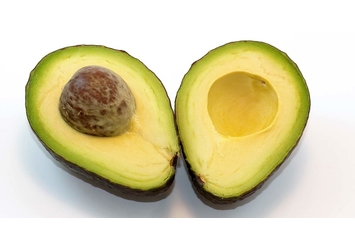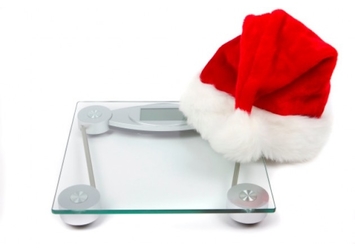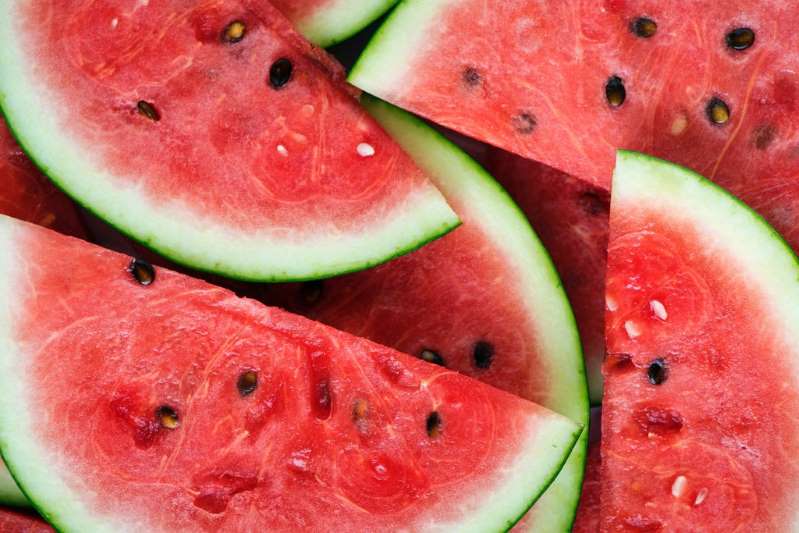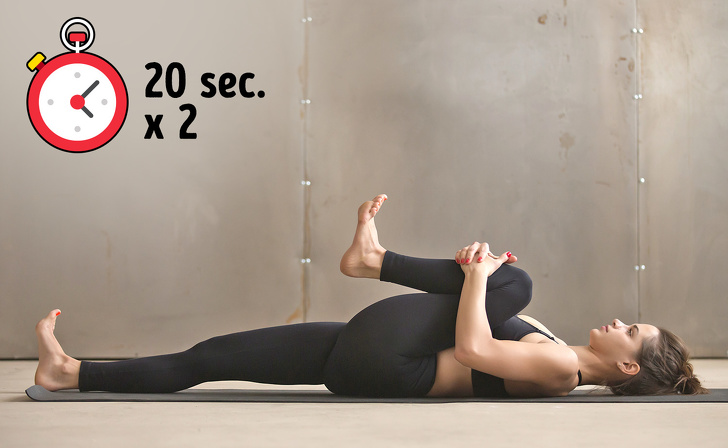1. Eat Protein At Every Meal: A quarter of your calories should come from lean proteins, such as eggs, lean meats, fish and low-fat dairy. Why? Protein helps you feel fuller longer, recharges your muscles after intense workouts, and according to recent research at the University of Illinois, sheds more fat than muscle.
2. Eat A Filling Breakfast: It really is the most important meal of the day: More than 10,000 successful dieters who have lost more than 30 pounds and kept it off for more than a year say that eating breakfast is a key part of their plan, according to the National Weight Control Registry. The best breakfast is one that contains both protein and fiber to boost your energy levels and help you stay satiated throughout the day (think nonfat Greek yogurt and fruit, toast and nut butter, or an egg scramble with vegetables).
3. Downsize Your Serving Dishes: Sticking with weight loss is often mind over matter which is why smaller plates, bowls and utensils can be the key to cutting calories. When you're eating from a salad plate (about 7 or 8 inches) rather than a dinner plate (10 to 14 inches), you think you're still eating a large portion. The proof: Researchers from Cornell University found that people given larger bowls at breakfast ate 16 percent more cereal than those given smaller bowls, yet they estimated that they were eating less.
4. Eat More Fruits and Vegetables: Time and time again, research has shown that eating more vegetables is essential for long-term weight loss, which is why you should aim for five to nine servings a day. Vegetables fill you up with the fiber, vitamins, minerals and other nutrients important for overall good health in a low-calorie, high volume package. Fruits are also bursting with fiber and antioxidants and can be a good way to treat your sweet tooth. One key to applying this weight-loss rule is to substitute fruits and veggies for higher-calorie foods -- for instance, layer lettuce, tomato, and cucumber rather than extra meat or cheese on your sandwich. Use chopped vegetables in place of rice or pasta for dinner and as recipe "extenders" -- a Penn State study found that when dieters added pureed vegetables to their favorite dishes, they felt fuller and ate less.
5. Stay Hydrated: So often, when you think you're hungry, you're actually thirsty. So make it a weight-loss lifestyle rule: Stay hydrated. Drink a glass of water before every meal. That way you know you're not thirsty when you're eating. And yes, water is still your best beverage bet. A recent study in the American Journal of Clinical Nutrition found that people had modest weight loss simply by replacing high-calorie beverages with water and drinks with zero or very few calories.
6. Sleep Well: If you want to lose weight, you need to get at least seven hours of shut-eye every night. When you lack sleep, your body produces more ghrelin, a hormone that triggers hunger and causes you to retain fat. Also, you tend to make wrong choices when you're exhausted. Sleep-deprived people might actually eat an extra 500 calories a day compared to their well-rested peers, a small study presented at an American Heart Association meeting found. Plus, researchers at the University of Chicago Sleep Research Laboratory found that dieters who slept well lost more fat than non-fat body mass.
7. Avoid Artificial Sweeteners: This may seem surprising considering all those yellow, pink, and blue packets we use, but artificial sweeteners do little for weight loss and could actually cause you to pile on the pounds. The problem is that they're so intensely sweet that they seem to exacerbate a person's addiction for sweets. Researchers at Purdue University found that rats given food sweetened with artificial sweeteners ate more calories than rats given food sweetened with normal sugar. So skip the diet sodas and the artificially sweetened cakes, cookies and other treats.
8. Eat More Often: Old thinking: When trying to lose weight, don't eat between meals. New thinking: Don't go more than five hours without eating. If you let yourself get too hungry, it's harder to make the best food choices. When you're starved, you're more likely to grab fast food. Eating smaller meals more often also keeps your blood sugar steady and can therefore lower your cravings, whereas skipping meals makes it much harder to control your appetite, researchers at the University of Missouri found.
9. Keep Moving All Day: This top 10 commandment should come as no surprise: Make time for exercise. Exercise will help you reach your goal faster and safer. But it's the combo of diet and exercise that works best. Researchers at the Fred Hutchinson Cancer Research Center in Seattle found that postmenopausal women who dieted and did 45 minutes of moderate-to-vigorous aerobic exercise five days each week lost more weight more quickly than those who did just one or the other, shedding an average of nearly 11 percent of their body weight. The women who dieted shed just 8.5 percent and the women who exercised only, 2.4 percent. Exercise is an important part of a weight-loss lifestyle helping you to maintain any weight loss, too.
10. Reduce Stress: The last but not least of the 10 commandments has benefits for weight loss as well as your general well-being. A study by Kaiser Permanente researchers found that people with the lowest stress levels were the most likely to lose at least 10 pounds. Stress also causes the body to release more cortisol, the hormone responsible for storing body fat. Cortisol has also been shown to increase cravings for fatty foods. Eat in beautiful surroundings. There are studies that show if you have beautiful surroundings your brain becomes more satiated and you don't want to eat as much.

























